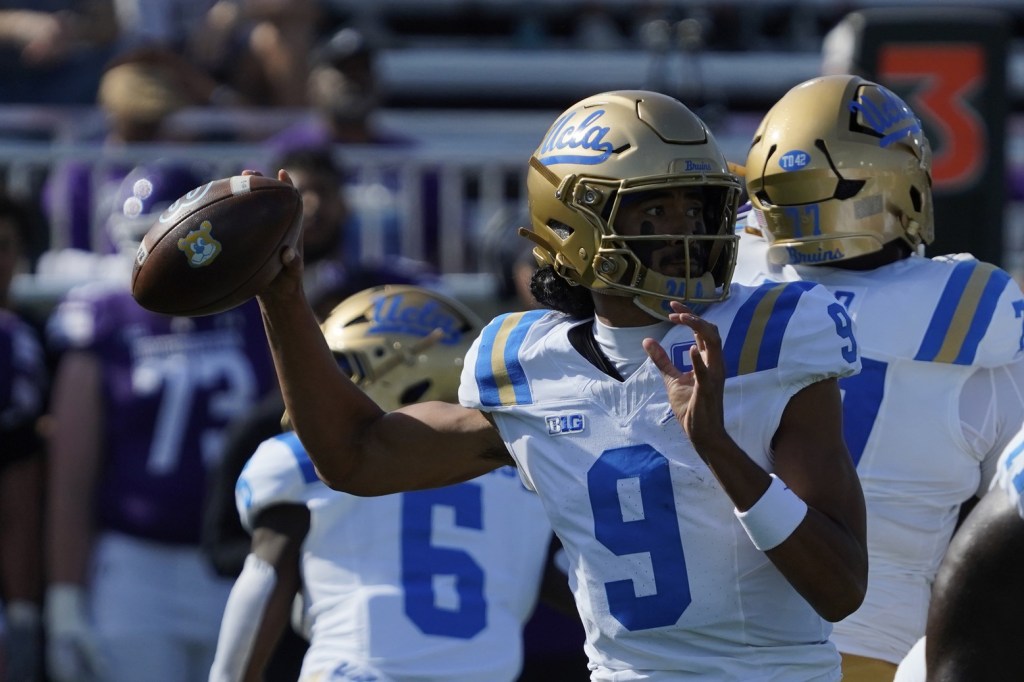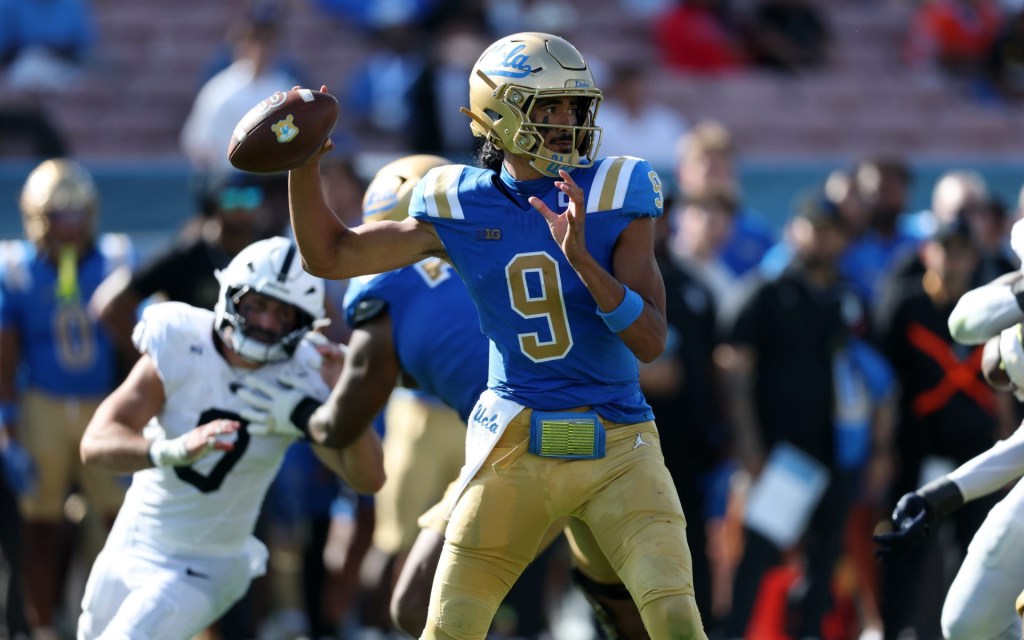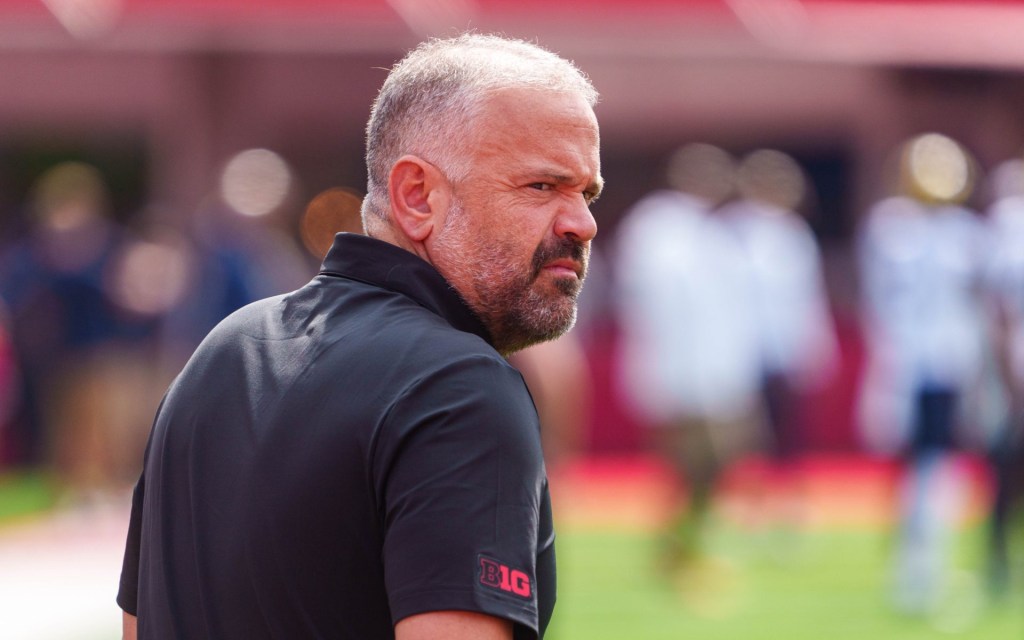A California pension fund is one of the groups listed on a proposal being actively considered by the Big Ten, Front Office Sports has learned, after an ESPN report surfaced saying the conference is in talks to consider a $2 billion private investment deal.
The league has received several private capital pitches, as multiple news outlets have reported. Since receiving those pitches, the Big Ten has put together a proposal for member schools outlining what private capital investment would look like and what investors are in contention—something university presidents would have to approve, the source said, confirming ESPN’s report.
Multiple sources familiar with the matter told FOS that a California pension fund was in the proposal, but the sources expressed confusion over which California pension fund it was: CalPERS (California Public Employees’ Retirement System), CalSTRS (California State Teachers’ Retirement System), a smaller fund inside one of the two, or a separate California pension fund.
The sources, who hold official positions at Big Ten universities, said their confusion stems from being kept mostly in the dark by the conference on exactly what is being proposed.
An initial version of this story identified CalPERS as the entity in the proposal. CalPERS initially declined to comment for this story, then on Wednesday told FOS it is not currently involved in any proposal to invest in the Big Ten. CalSTRS initially declined to comment, then did not respond to multiple subsequent requests for new comment as FOS was reporting this story.
In the proposed deal, the Big Ten would spin off assets into a new entity potentially called Big Ten Enterprises, which would split equity among the 18 Big Ten schools, the conference, and private equity, the source confirmed to FOS. The agreement would also include an extension of the grant of rights deal, which binds all the schools together for a certain number of years and is usually signed in conjunction with a media rights agreement, until 2046.
The source added that up to four firms could invest in the Big Ten.
Three private-equity firms are in contention, the source said: Apollo Global Management (which just launched a sports-focused fund), Sixth Street Partners, and Ares Management (Sports Illustrated first reported the news of the latter three funds’ interest).
The proposal may include the pension fund investing in the Big Ten as a co-investment alongside any or all of the aforementioned PE firms. Pension funds, including CalPERS, have participated in more co-investments recently. It also has a relationship with at least two of the funds courting the Big Ten: In 2024, CalPERS listed investments in Apollo and Ares funds.
Or the pension fund could invest directly into the Big Ten on its own.
A representative from the Big Ten could not immediately be reached for comment Tuesday. In a statement to FOS and others last week, the Big Ten said: “Over a year ago, we initiated a comprehensive evaluation of our practices to identify partnerships that could secure the financial stability of our member institutions and allow us to not only protect, but expand, opportunities for our student-athletes. This is an ongoing process, and we remain committed to finding a path that strengthens the conference for the future.”
Not everyone is in favor of allowing private capital into the college sports space.
University of Michigan regent Jordan Acker posted on X in response to the proposal: “As a Regent, I believe selling off Michigan’s precious public university assets would betray our responsibility to students and taxpayers. I will firmly oppose any such effort—and I hope colleagues at [Michigan State] and [Ohio State] will stand with me as well.”
Meanwhile, a bill introduced by Rep. Michael Baumgartner (R., Wash.) this week seeks to ban these types of private capital deals, as FOS first reported Tuesday.
Editors’ note: This story was updated Friday based on new reporting and additional sourcing.

















